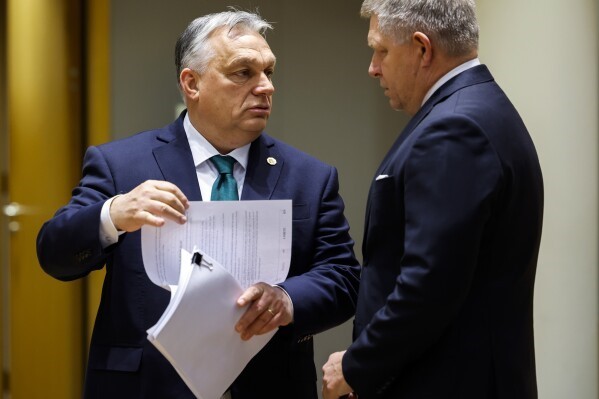 |
| The 'troubled love affair' between the EU and Ukraine: Full support, wholehearted support, still entangled with a 'third person'. In the photo: Hungarian Prime Minister Viktor Orban (left) and his Slovak counterpart Robert Fico at the EU Summit in Brussels, February 1. (Source: AP) |
European Union (EU) leaders at a summit in Brussels focused on the only member state blocking a 50 billion euro ($54 billion) aid package for Kiev: Hungary – a member that is considered a “third wheel” in the EU-Ukraine relationship and the bloc’s closest country to Russia.
"We have an agreement," European Council President Charles Michel said in a surprise post on social network X.
The leaders of the 27 EU countries have agreed on a deal to provide Ukraine with a new 50 billion euro aid package, despite weeks of threats from Hungary to veto it. President Michel announced the deal with about an hour to go before the EU leaders summit in Brussels.
The deal “guarantees stable, long-term, predictable funding for Ukraine” and demonstrates that “the EU is leading and taking responsibility for supporting Ukraine,” he said.
It is unclear whether any concessions will be made to secure the approval of Hungarian Prime Minister Viktor Orban, who has been adamantly opposed to the deal, even vetoing it at the most recent summit in December 2023.
Two years after Russia launched a special military operation in Ukraine, the conflict is almost at a stalemate and Kiev is in dire need of financial support.
“Securing the agreement is important for our credibility and equally important for our commitment to providing consistent support to Ukraine,” President Charles Michel said in an invitation letter to the leaders of the 27-member bloc. However, to make it work, the aid plan requires unanimous support from all members.
“In December, we still have some time. But from March onwards, according to the international financial institutions, Ukraine will start to face difficulties,” a senior EU diplomat warned ahead of the Brussels meeting. The official spoke on condition of anonymity, in line with EU practice.
For most EU countries, supporting Ukraine is crucial to protecting the bloc from Russian threats and maintaining its credibility on the international stage. “Ukraine is on European soil. It is a European country. And if we want a peaceful and stable Europe, we need to be reliable in terms of our own security and defence against all our neighbours,” French President Emmanuel Macron once said.
But as an EU leader who often goes against the grain, Hungarian Prime Minister Viktor Orban has repeatedly angered EU leaders since the Russia-Ukraine conflict erupted in 2022. He has criticized EU sanctions against Russia as largely ineffective and counterproductive, and has tried to promote peace talks between Moscow and Kiev, although he has not yet elaborated on that.
Concerned about the democratic backsliding of Prime Minister Orban's government, the EU has frozen Hungary's access to tens of billions of euros in bloc funds. Meanwhile, Hungary - worried about its economic problems - has responded by vetoing a number of EU political decisions.
Instead of unlocking new aid to Ukraine, Prime Minister Orban has proposed dividing it into annual tranches and introducing a review mechanism. But that idea has not been well received because it could allow Orban to use the blocking power later. However, at the last EU summit of 2023, Orban did not block the EU from starting membership talks with Ukraine.
If the impasse continues, it does not mean that Ukraine will suddenly be deprived of EU support. EU diplomats say that the bloc’s leaders will ensure that the current impasse does not have a long-term impact on Kiev.
If negotiations with Hungary fail, another option is for the remaining 26 countries to decide, on a voluntary basis, to separate aid from the EU budget. But that is not a popular option, because instead of not having to consult Budapest, they would need to get approval from several national parliaments – potentially creating more instability.
Another scenario is for EU leaders to extend by a year the 18 billion euros ($19.5 billion) in financial assistance they have provided to Ukraine in 2023 from another program, while adding additional loans. That could be approved with a majority — meaning Hungary could not block it.
According to EU figures, EU assistance to Ukraine since the start of the Russia-Ukraine conflict has amounted to around €85 billion ($92 billion). This includes more than €40 billion ($43 billion) to support the Ukrainian economy, around €27 billion ($29.2 billion) for military assistance measures and more than €17 billion ($18.4 billion) to help EU member states support Ukrainian refugees.
Also with the motto of full support, full support, the European Commission (EC) has just proposed to extend the suspension of import duties and quotas on exports from Ukraine to the EU for another year and Kiev hopes that this decision will be approved by the EU Council, according to information posted by Ukrainian Prime Minister Denys Shmyhal on Telegram .
“The EC has proposed to extend Ukraine's 'economic visa-free regime' with the EU until June 2025. This means that our businessmen will be able to continue exporting their products to the European market without quotas and tariffs,” Prime Minister Shmyhal wrote.
According to him, this adds opportunities for Ukrainian businesses and strengthens the country's economic resilience. “In recent months, we have been working diligently with our European partners to make this a reality,” Mr. Shmyhal stressed.
The Prime Minister also noted the EC's position on clearer instruments to control commodity turnover in a way that avoids any potential conflicts in the regional agricultural market. Mr. Shmyhal expressed confidence that this would allow Ukrainian agriculture to integrate into the EU in a more harmonious way.
However, along with the extension proposal, the EU has reinforced its “safeguard” to limit the influx of cheap goods from Ukraine, which would harm its farmers. This is considered an “emergency brake,” which will be used to ensure that imports from Ukraine are only allowed to average in 2022 and 2023.
Source


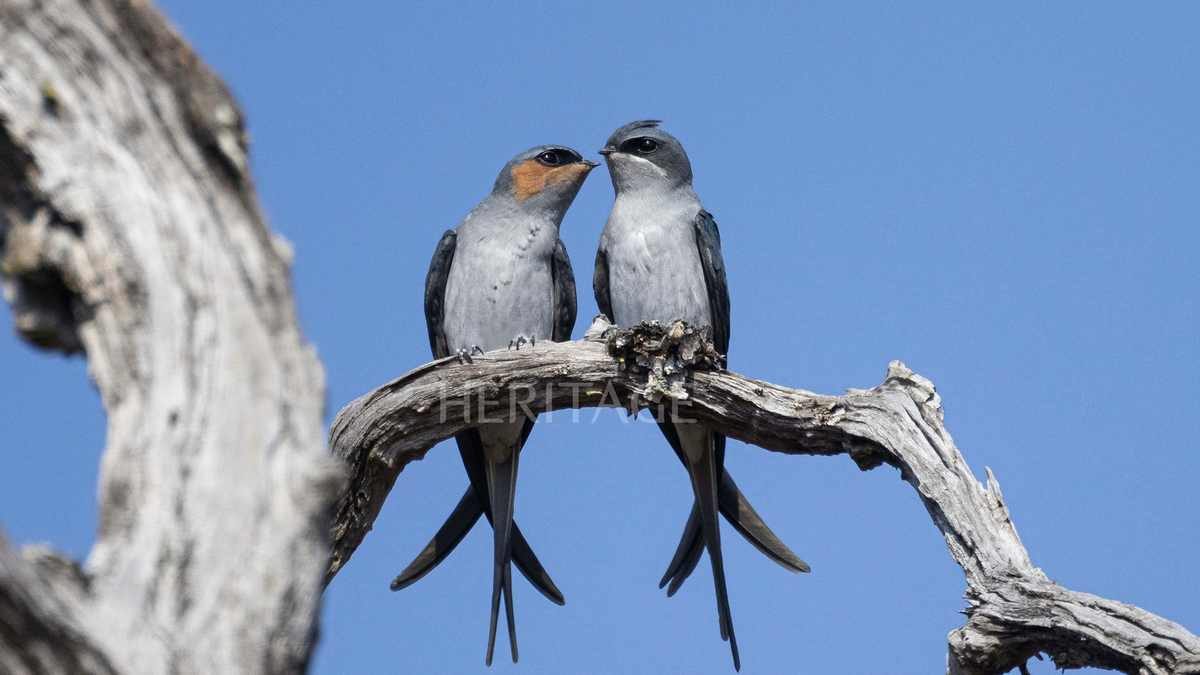

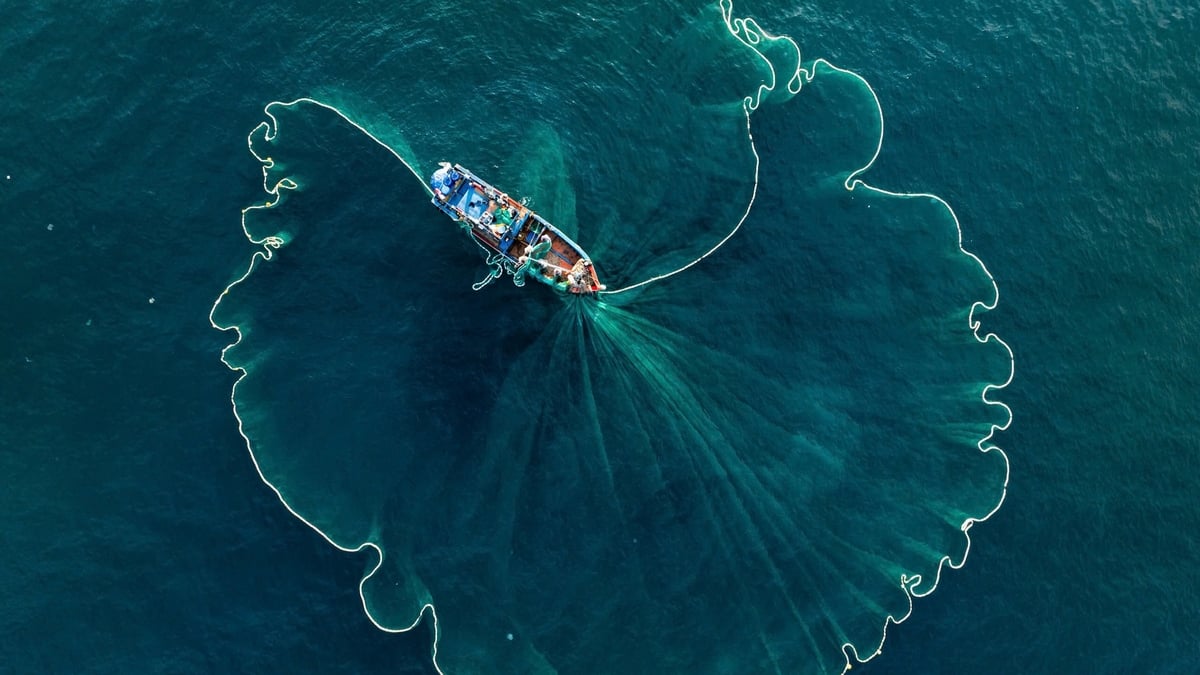


![[Photo] General Secretary To Lam receives First Deputy Secretary General of the African National Congress (ANC) of South Africa](https://vphoto.vietnam.vn/thumb/1200x675/vietnam/resource/IMAGE/2025/5/20/bb2999907e1245d5b4c7310a890d8201)






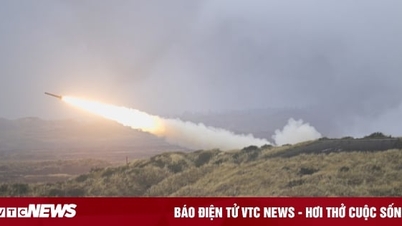

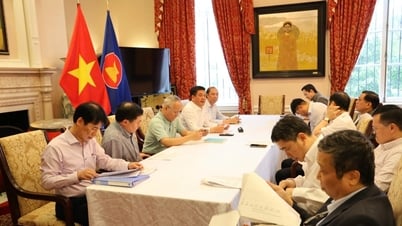

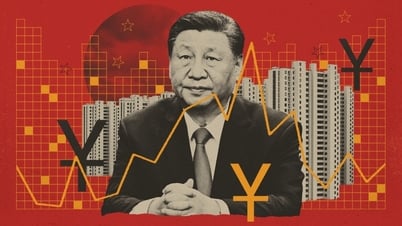
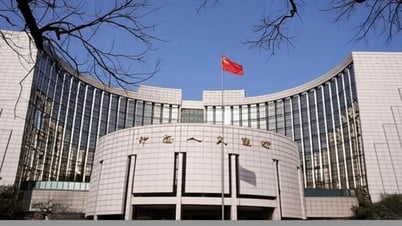



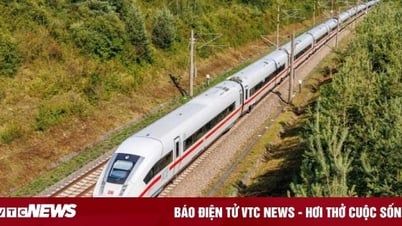




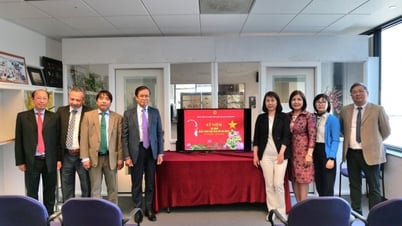




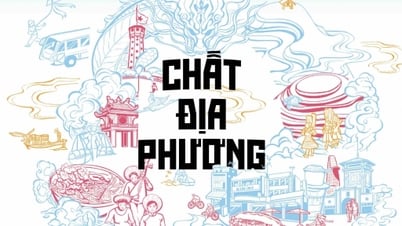
![[Photo] Award ceremony for works on studying and following President Ho Chi Minh](https://vphoto.vietnam.vn/thumb/1200x675/vietnam/resource/IMAGE/2025/5/20/a08ce9374fa544c292cca22d4424e6c0)
![[Photo] Vietnamese shipbuilding with the aspiration to reach out to the ocean](https://vphoto.vietnam.vn/thumb/1200x675/vietnam/resource/IMAGE/2025/5/20/24ecf0ba837b4c2a8b73853b45e40aa7)









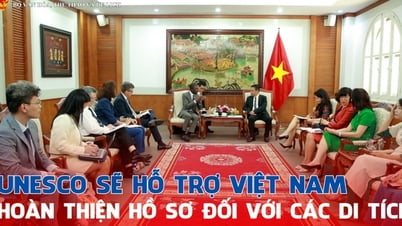


















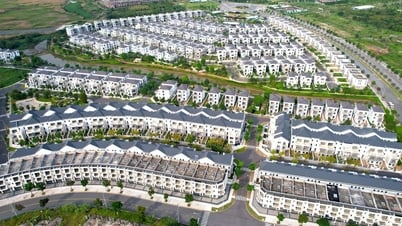


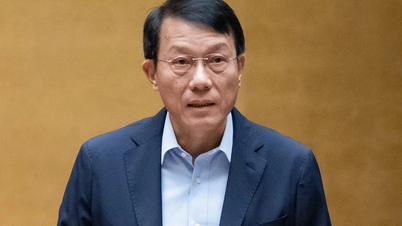








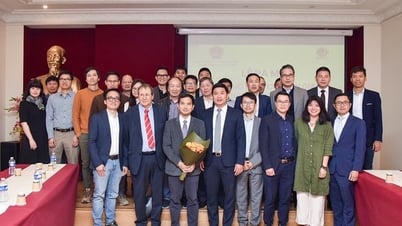






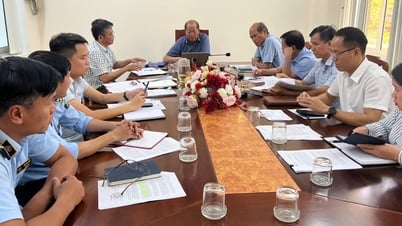
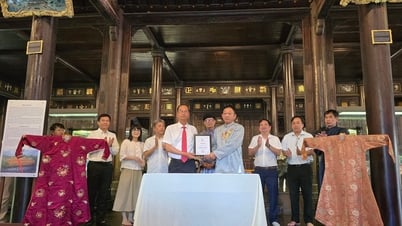
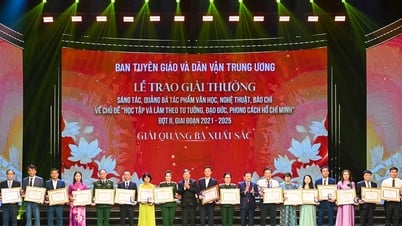



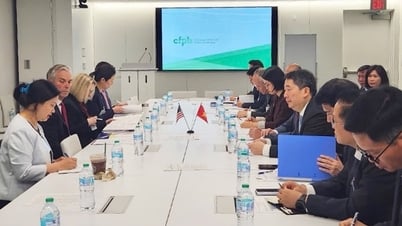













Comment (0)